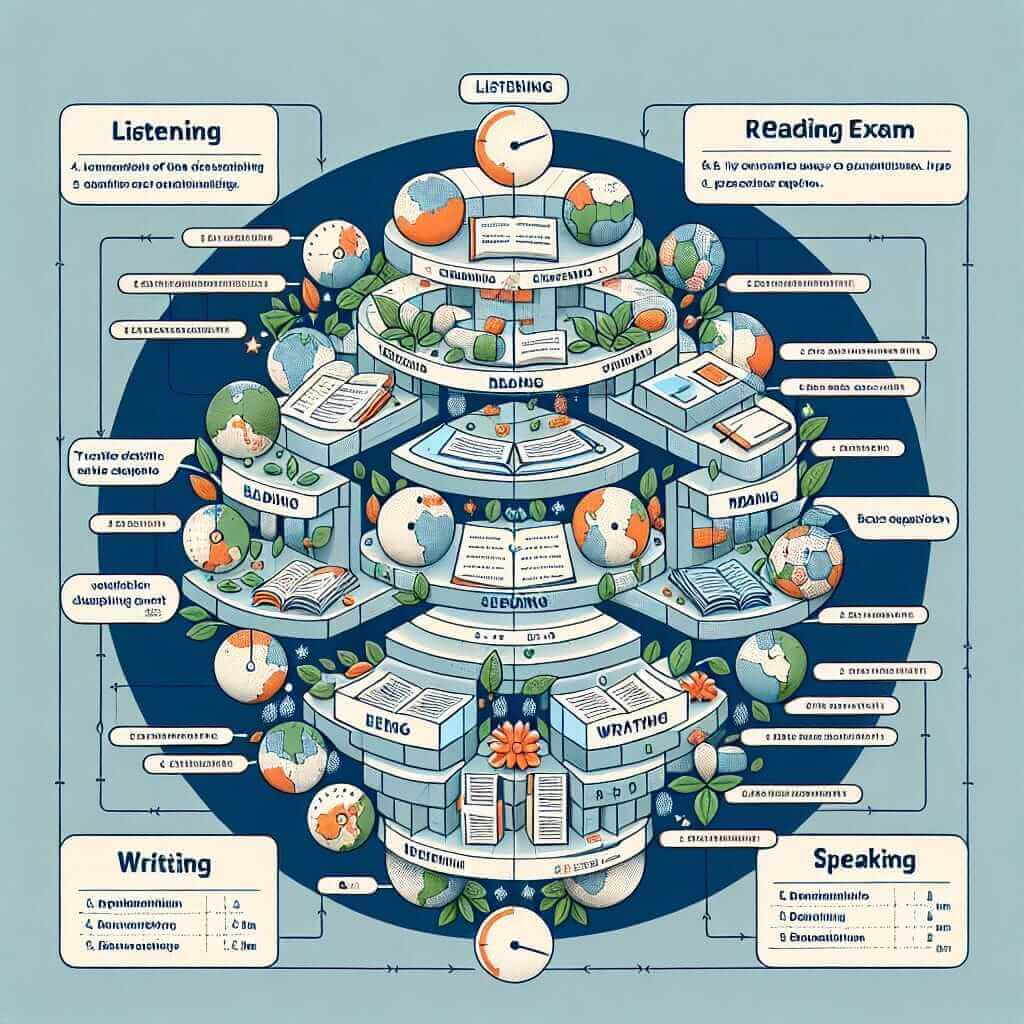For many aspiring English language learners, the question of “how long to retake IELTS” looms large. Perhaps you weren’t satisfied with your previous score, or maybe you’re aiming higher for specific academic or professional goals. Whatever your reason, understanding the optimal timeframe for retaking the IELTS exam can significantly impact your chances of improvement. As an IELTS instructor with over 20 years of experience, I’m here to guide you through the factors to consider and help you make an informed decision.
Factors Influencing Your Retake Timeline
1. Your Desired Score Increase
The gap between your current score and your target score plays a crucial role. If you need to improve by a band or more, it’s essential to dedicate sufficient time for focused study and practice.
2. Your English Language Proficiency
Honestly assess your current language skills. Are you a relatively quick learner, or do you require more time to grasp new concepts and improve fluency?
3. Your Study Plan and Resources
A structured study plan with quality resources is paramount for effective preparation. Consider factors like available study time, access to practice materials, and whether you’ll be taking a course or studying independently.
4. IELTS Test Format and Skills
The IELTS exam evaluates four key skills: Listening, Reading, Writing, and Speaking. Identify your strengths and weaknesses. If one particular skill requires significant improvement, allocate more time for targeted practice.

Recommended Timeframes for Retaking IELTS
While there’s no one-size-fits-all answer, here’s a general guideline:
-
Minor Improvement (0.5 band): 4-6 weeks with consistent study and practice can be sufficient. Focus on refining specific test-taking techniques and addressing minor errors.
-
Moderate Improvement (1 band): Allow yourself 8-12 weeks. This timeframe provides more room for solidifying grammar and vocabulary, developing writing skills, and improving fluency and pronunciation.
-
Significant Improvement (1.5+ bands): Consider a more extended preparation period of 3-6 months or even longer. This allows for deeper language acquisition, extensive practice, and personalized feedback.
Tips for Effective IELTS Re-Preparation
-
Analyze Your Previous Performance: Thoroughly review your previous test results, paying close attention to areas where you scored lower. Identify patterns of errors and focus on improving those specific areas.
-
Set Realistic Goals: Don’t rush the process. Set achievable goals for each study session and track your progress.
-
Seek Expert Guidance: Consider enrolling in an IELTS preparation course or working with a qualified tutor to receive personalized feedback and support.
-
Practice Regularly: Consistent practice is key to success. Engage in regular mock tests under timed conditions to simulate the actual exam environment.
Conclusion
Deciding when to retake the IELTS exam is a personal decision. Carefully consider your individual circumstances, desired score increase, and available resources to determine the optimal timeframe for your re-preparation. Remember, dedicated effort and a structured approach will greatly enhance your chances of achieving your desired results.